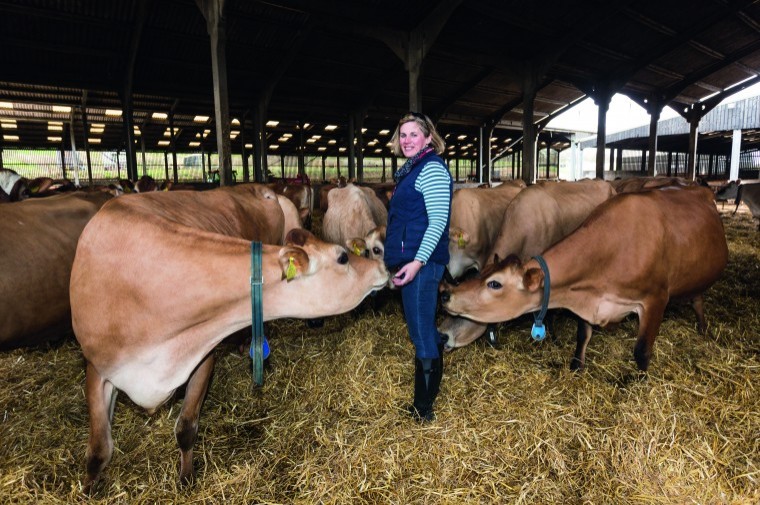Christmas will soon be in our sights; the adverts are telling us to buy early to avoid the shortages so I shall try to be organised this year. Autumn is now upon us and the ploughing matches are over for another year.
What a fantastic day we had at the East Kent ploughing match, so much to see and do and of course socialising. Who knew how novel it would be actually to socialise or even have lunch? Most of the drilling has now been completed and so the farming year begins again.
During the summer months I have been searching high and low for 7kg Butane gas, which would appear to be as rare as “rocking horse poo”. The power issues that the Government has been predicting are now a reality; I fear we could be in for a long winter. Fuel prices are increasing on a daily basis and the energy crisis is deepening as we head into winter.
How we fare this winter will depend to a large extent on the weather. Britain is a net importer of power, with France its biggest supplier via connectors that run through the English Channel. One of these has been shut down by a large fire at a UK power converting station in Sellindge, Kent. This blazed for more than a week, so we have the equivalent of two nuclear power stations down.
Unfortunately, we’ve also been bereft of wind as of late and so the UK has also been left without another major source of power. With coal sites decommissioned, we have no backup source for our energy. We are not the only country to be affected by these shortages; the rest of Europe is running out as well. Russia is now limiting supplies to everyone.
The Government has assured us that we won’t have to turn our lights off. I, for one, have invested in torches. Looks like the Government had “an oven ready deal” with Brexit, but now we don’t have the gas to cook it on… The panic buying of fuel continues in the South East, queues for petrol/diesel are lengthy and the government continues to advise us that we do not have a shortage of fuel. Tanker deliveries seem to arrive daily and disappear within hours. Surely no one is driving up and down the motorway to burn diesel, so the consumption rate has not increased – there is a lack of tanker drivers. I’ve had my letter from the Government asking if I can help!
One government department is demanding more organic fertiliser usage while the other is shortening the window in which it can be spread. Under rule 1 of the farming rules for water, farmers are permitted to spread slurry or manure in the autumn (if there is no pollution risk) until 2022. Provided permission is granted, you can only spread on oilseed rape and grass. Looks like we shall be planting a lot of rape this year.
As we struggle to keep up with the never-ending rules and regulations we seem to be continually bombarded with, other nations seem to suffer as much as we do. Sri Lanka took an overnight flip to being totally organic and what a disaster it has been.
Sri Lanka would appear to have been hit by a serious economic emergency in the midst of a pandemic. The currency is diminishing and the cost of food is soaring; these have combined to create a crisis even worse than when the country was torn by civil war.
On 29 April, Rajapaksa’s government banned the use of imported chemical fertiliser and other agrochemicals to ensure that the Indian Ocean nation was the first in the world to go with organic-only agriculture. Sugar, rice and onions etc have doubled in price, gas and oil are surging and the crops are failing or yielding a minimum of 50% less than previously expected. Tea production is now yielding over 50% less but costing 50% more to produce, with tea allegedly being the single biggest export, bringing in more than 1.25 billion dollars per year.
With the failure of significant crops, the export market is diminishing by the day and cinnamon, pepper, rubber, cocoa, nutmeg etc are being exported in vastly reduced numbers, having a knock-on effect in various countries around the world. With the pandemic still in full force the tourism industry is now on its knees.
Until next time, stay safe.




